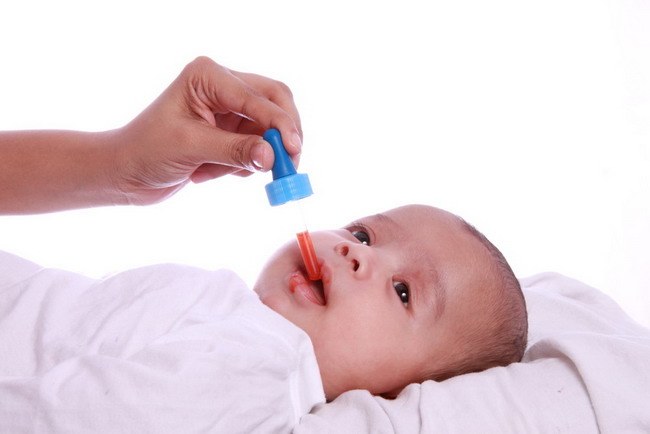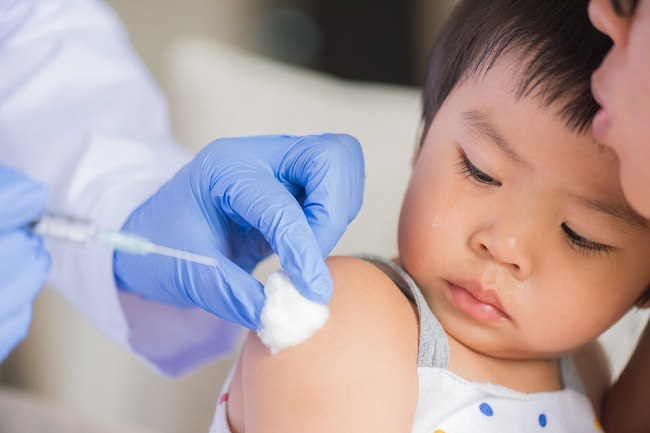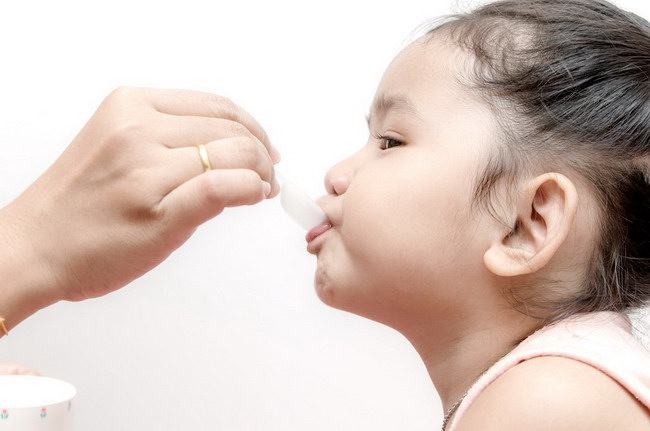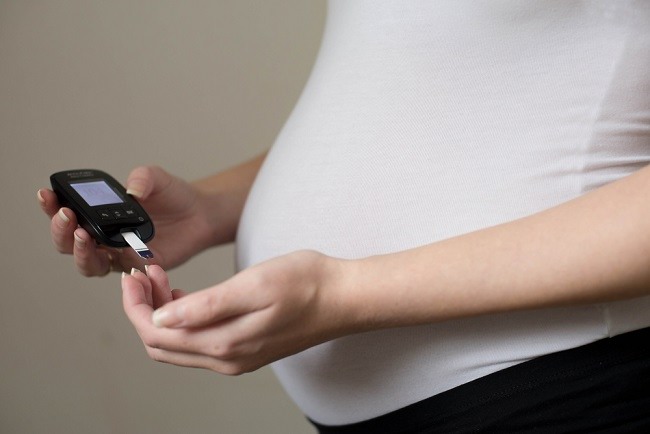Kissing on the lips is one of the most common activities during sexual intercourse. But behind the pleasure, this kissing activity can be a medium of transmission of various diseases. A study even found that one kiss on the lips for 10 seconds can transmit about 80 million bacteria.
Kissing on the lips with loved ones does bring many psychological benefits, even for body health. However, kissing the lips with someone who is infected with the disease can make you catch the same disease.

Through research, it was found that couples who kiss often have the same type of bacteria in their saliva. These results prove that when kissing, there is a transfer of bacteria between the two people. On the other hand, some say that this transfer of bacteria is good for helping to boost the immune system. However, this assumption is still not clinically proven.
Various Diseases alip kissing tips
The following are diseases that can be transmitted through kissing the lips, namely:
- Have a cold
Colds can be transmitted through direct contact with the virus through the air or through bodily fluids in the respiratory tract, such as phlegm or mucus from an infected person. Kissing makes people more susceptible to this virus.
- Glandular feverThe disease caused by infection with the Epstein-Barr virus is also known as kissing disease or mononucleosis. This disease can be recognized by the symptoms of a hot throat, headache, fever, pain throughout the body, rash, and swollen lymph nodes in the neck and armpits. Although glandular fever is generally harmless, this disease can sometimes cause serious complications, such as an enlarged spleen, liver disorders, thrombocytopenia, anemia, swollen tonsils, inflammation of the heart muscle (myocarditis), and complications of the nervous system. These complications are usually more likely to occur in those with compromised immune systems.
- Herpes infectionGenital herpes is caused by infection with the herpes simplex virus (HSV). There are two types of herpes simplex virus, namely type 1 (HSV-1) and type 2 (HSV-2). HSV 1 is generally transmitted by word of mouth, causing oral herpes, which is an infection of the mouth and lips. The herpes simplex virus that causes this infection can be transmitted if someone kisses a person with herpes. Especially if there are blisters on the sufferer, even if the wound has healed.
- Chicken pox
Chickenpox is an infection caused by the varicella-zoster virus. Although it usually occurs in children, this condition can also get worse if it affects adults. Especially for those who have a compromised immune system.
The appearance of chickenpox usually begins with symptoms such as fever, loss of appetite, fatigue, headache, and rashes all over the body. The virus that causes chickenpox can be transmitted through direct contact, such as kissing or from inhaled air streams.
- wart
Warts are caused by a virus Human papillomavirus (HPV). There are about 100 types of HPV virus that can trigger the appearance of warts. One type of wart that grows around the nose and mouth is a filiform wart. This type of wart is usually small and has the same color as the skin color. Warts on the mouth can be transmitted through kissing, especially when there is an area around the mouth that is experiencing sores.
- Diseases caused by meningococcal bacteria
Meningococcal bacteria can cause meningitis and septicemia. Meningitis is inflammation of the lining of the brain and spinal cord. While septicemia is a condition where a bacterial infection has spread to the blood, so it is also known as a blood infection or blood poisoning. If not treated immediately, septicemia can develop into a dangerous complication called sepsis. Sepsis is an inflammation of the whole body that can cause blood clots and block the supply of oxygen to vital organs.
- Sore throat
Sore throat is often caused by a viral or bacterial infection Streptococcus. Both are very easily spread through saliva. When kissing someone who has a sore throat due to an infection, a person can catch the virus or bacteria that causes strep throat.
- Hepatitis B
This virus can generally be transmitted through contact with the sufferer's body fluids such as blood and semen, this contact can occur through unsafe sex or the use of needles sharing with people with hepatitis B. In addition to blood and semen, hepatitis B virus is also found in water. saliva.
However, the risk of transmitting the hepatitis B virus through kissing is still uncertain. If there are no open sores in the sufferer's mouth, it is unlikely that hepatitis B can be transmitted to other people through kissing.
The good news, serious illness due to lip kissing is actually very rare. Although there is a risk of transmitting the disease, it does not mean that you are prohibited from kissing with your partner. The risk of disease transmission can be reduced by adopting healthy living habits, including maintaining healthy teeth and mouth, avoiding kissing on the lips with a partner when they are sick, and undergoing immunization to prevent contracting diseases caused by kissing on the lips.









